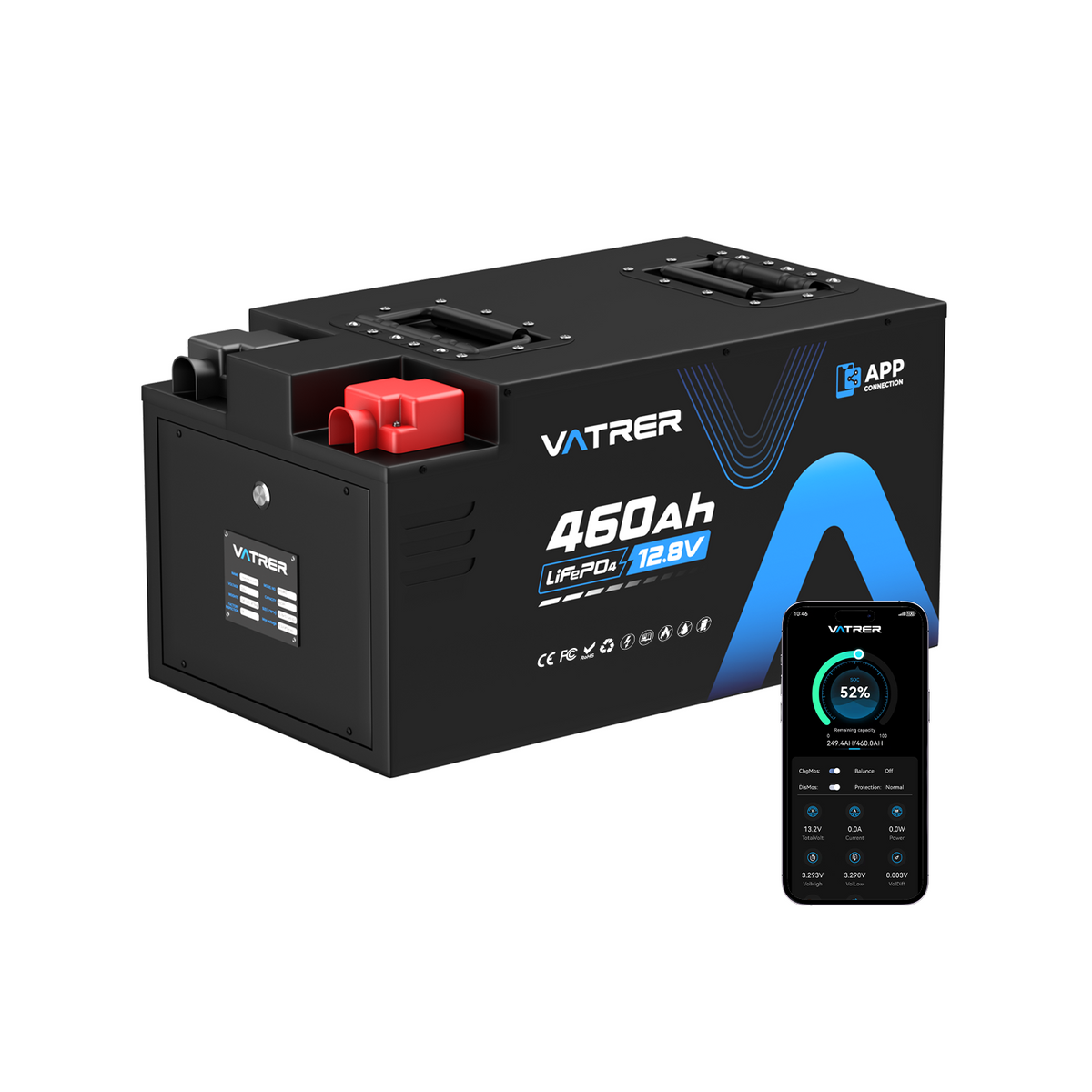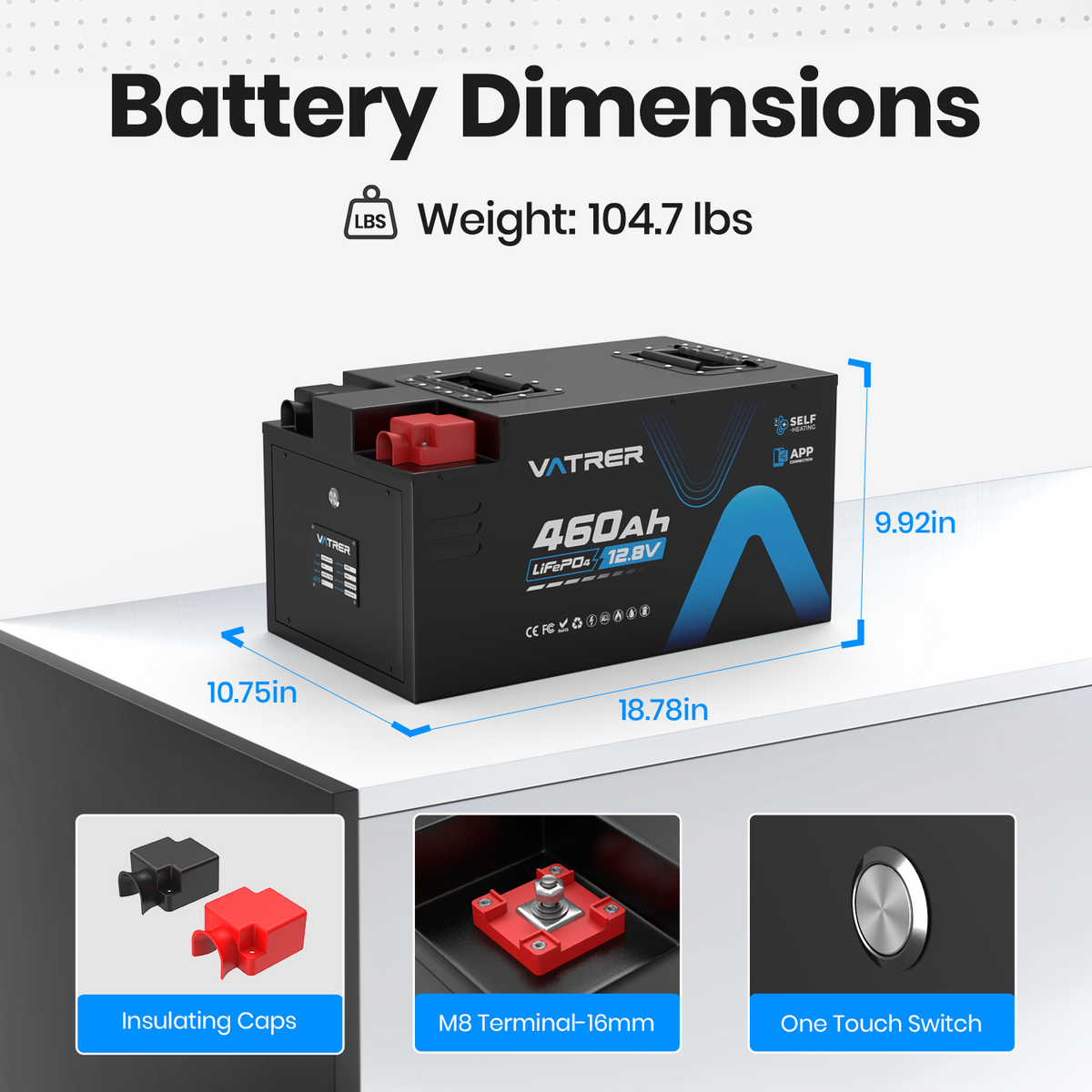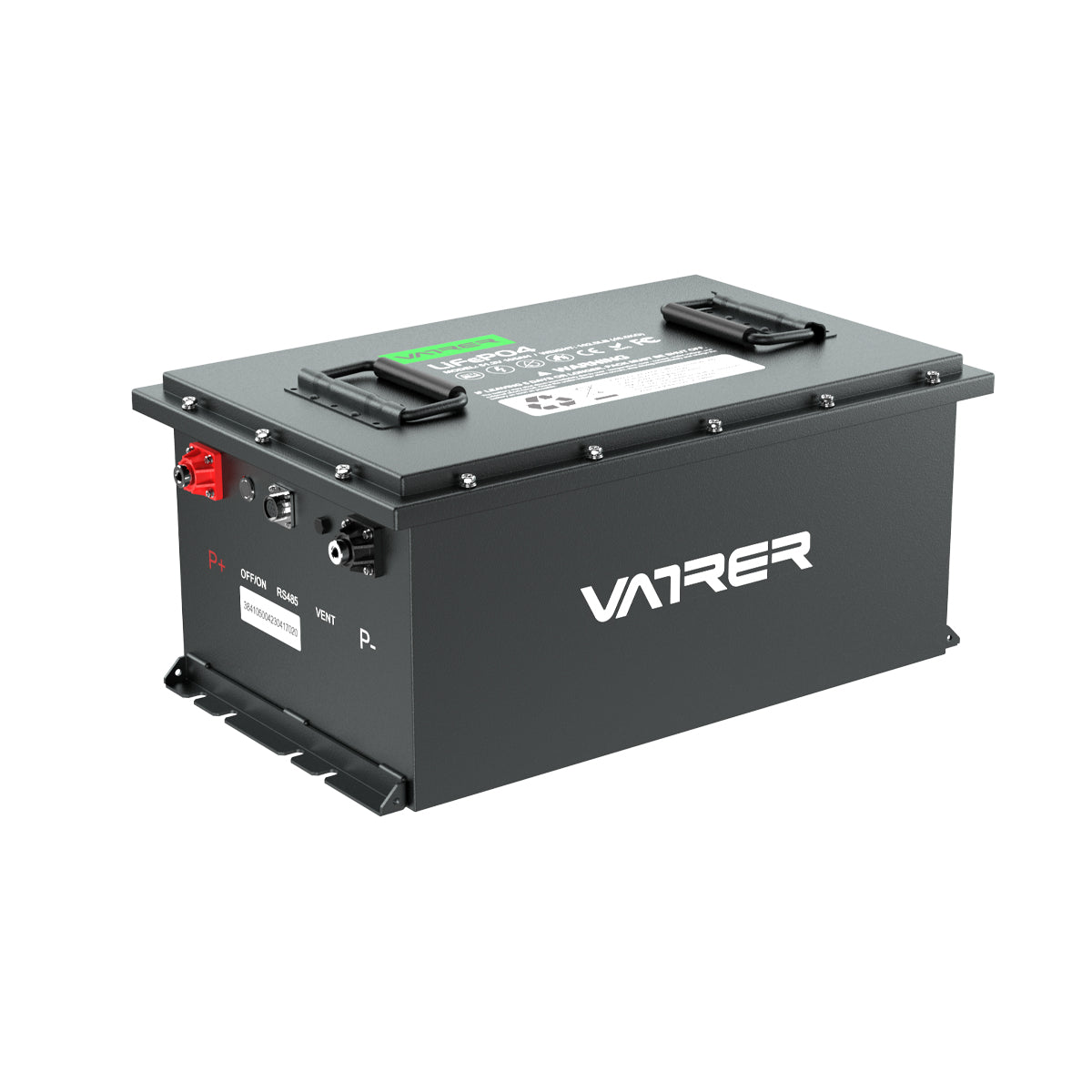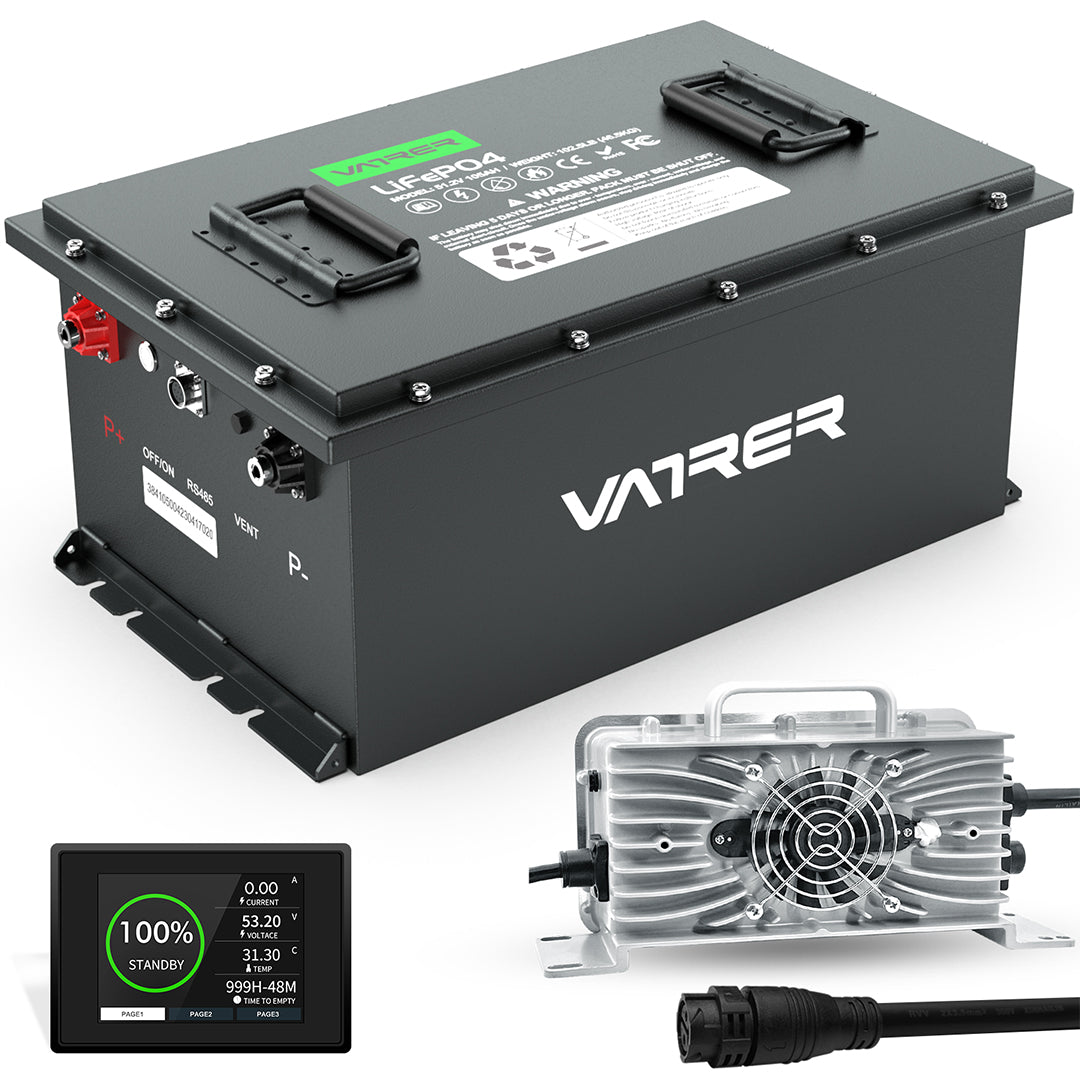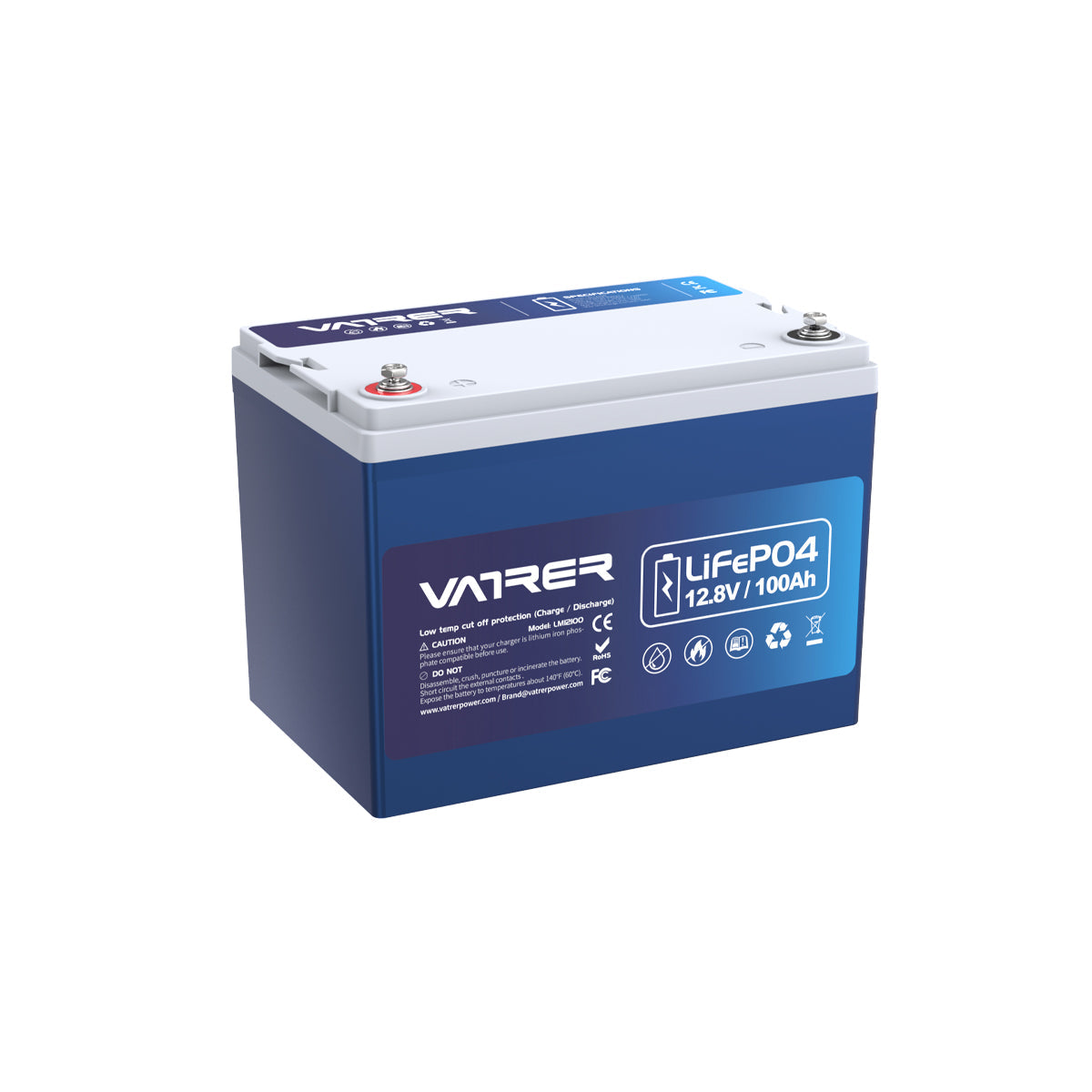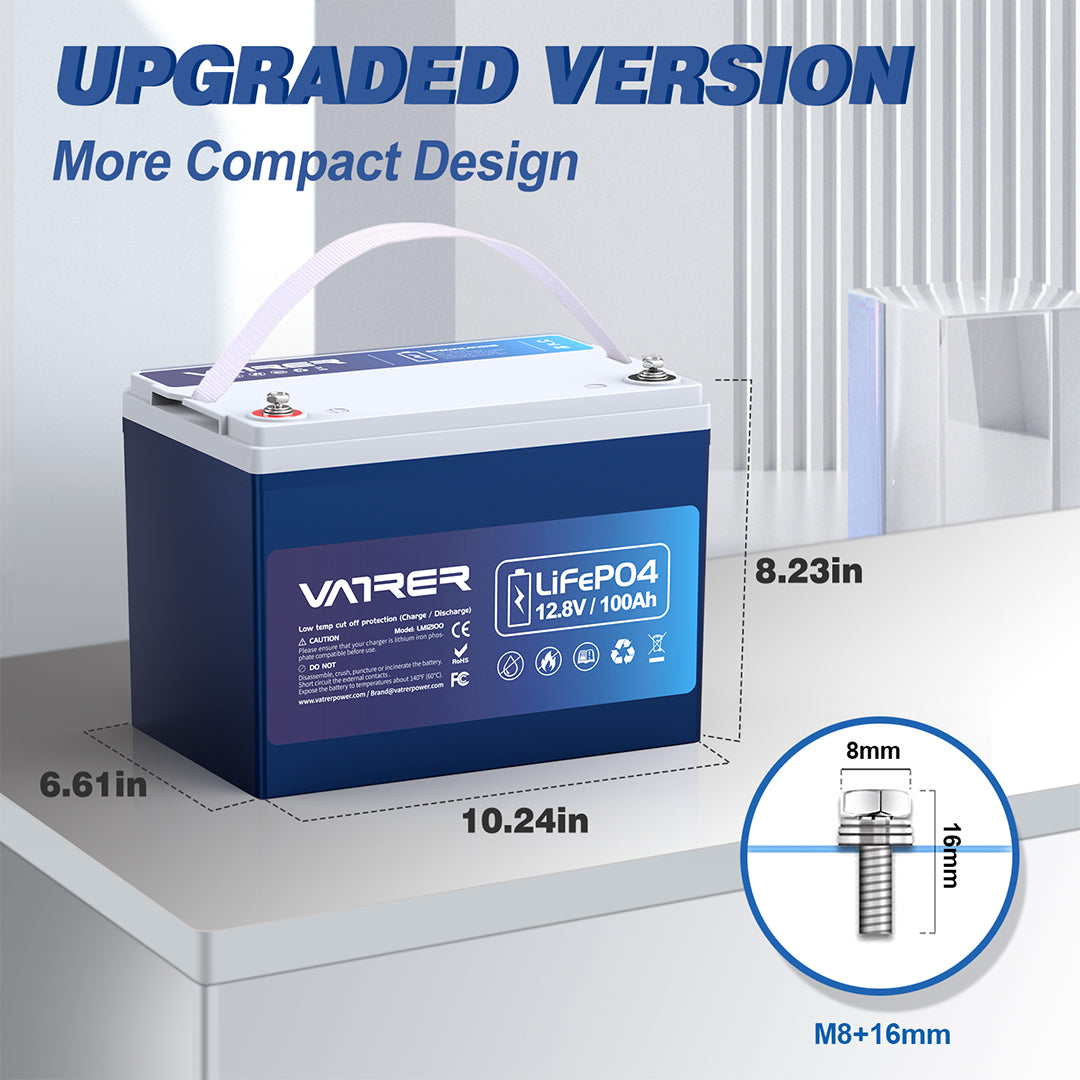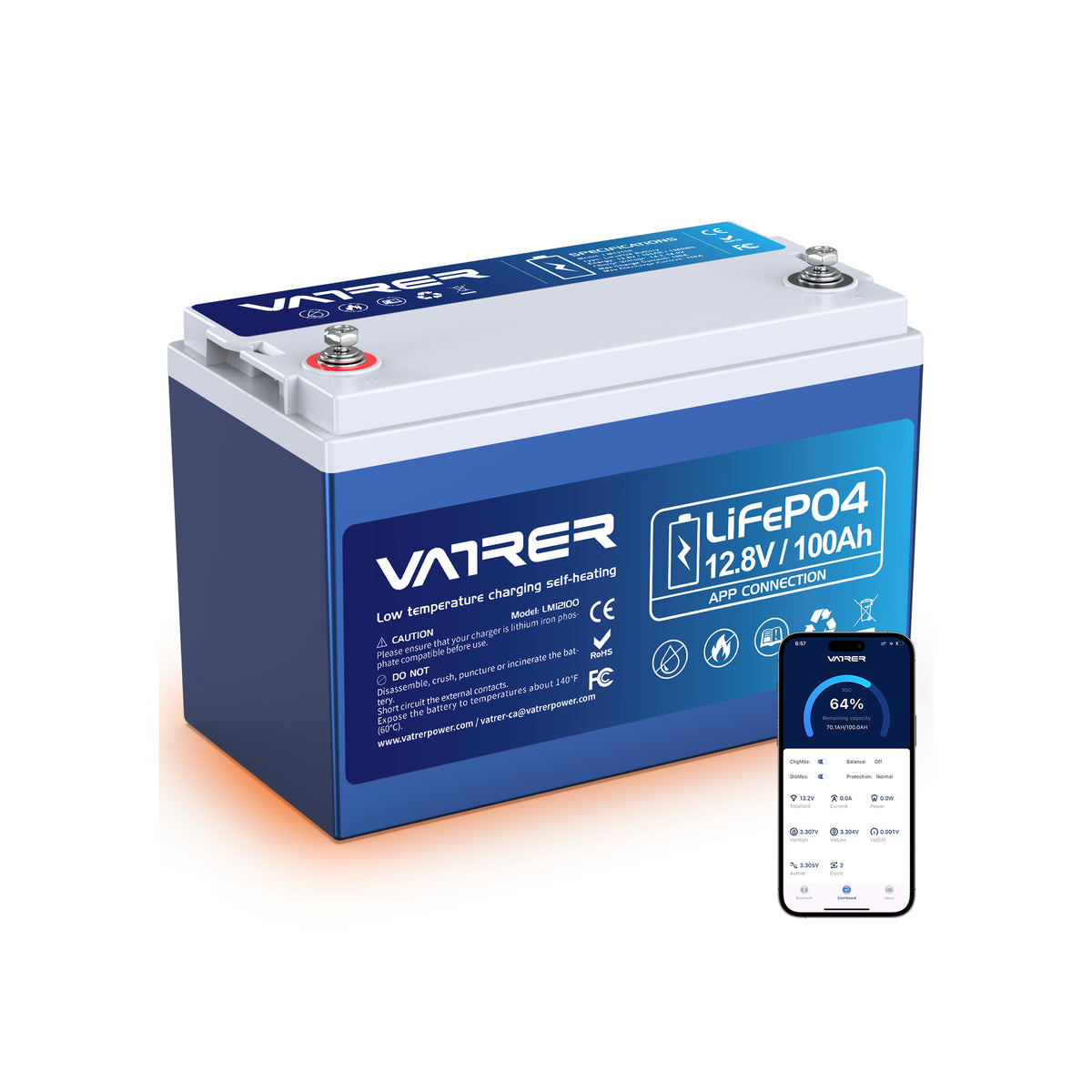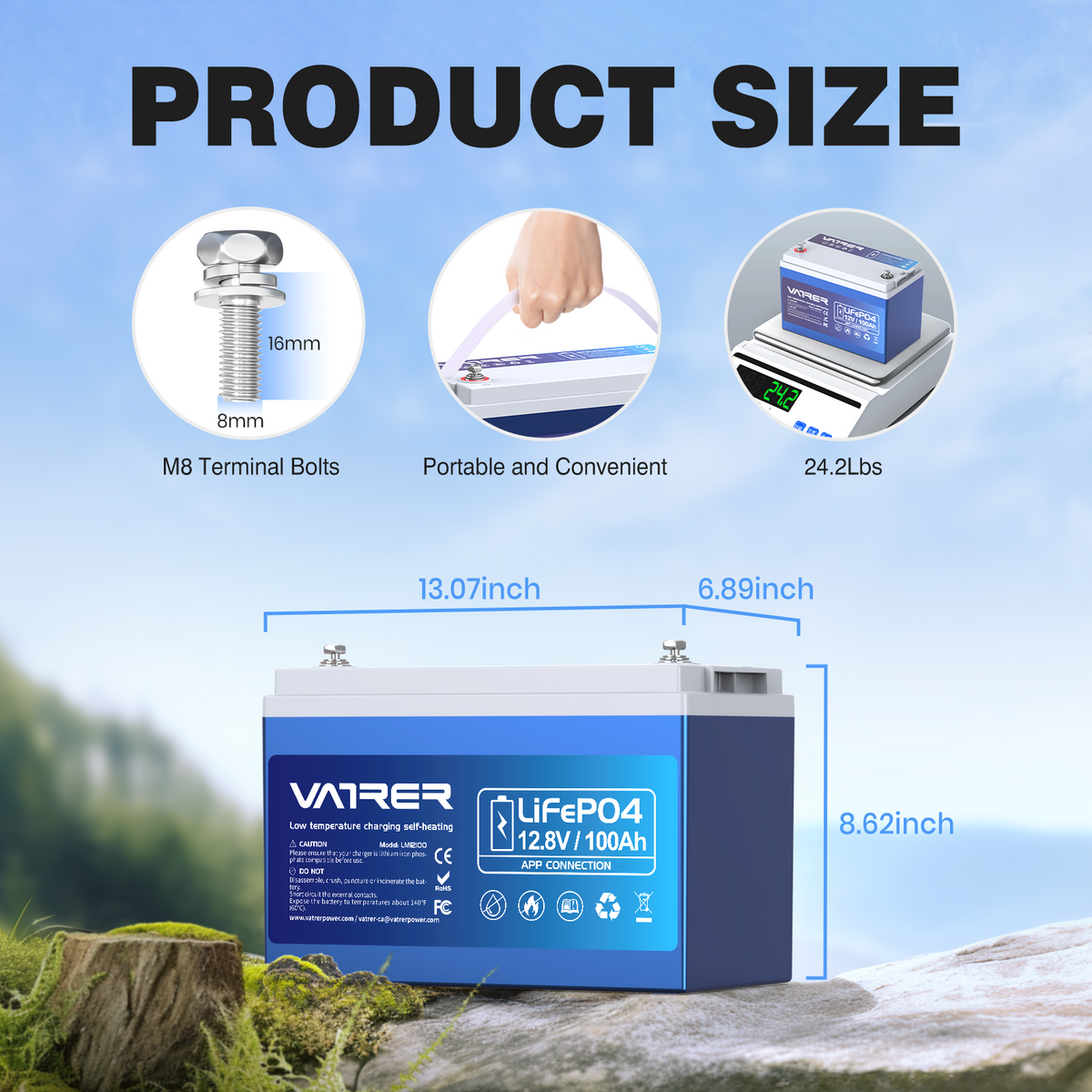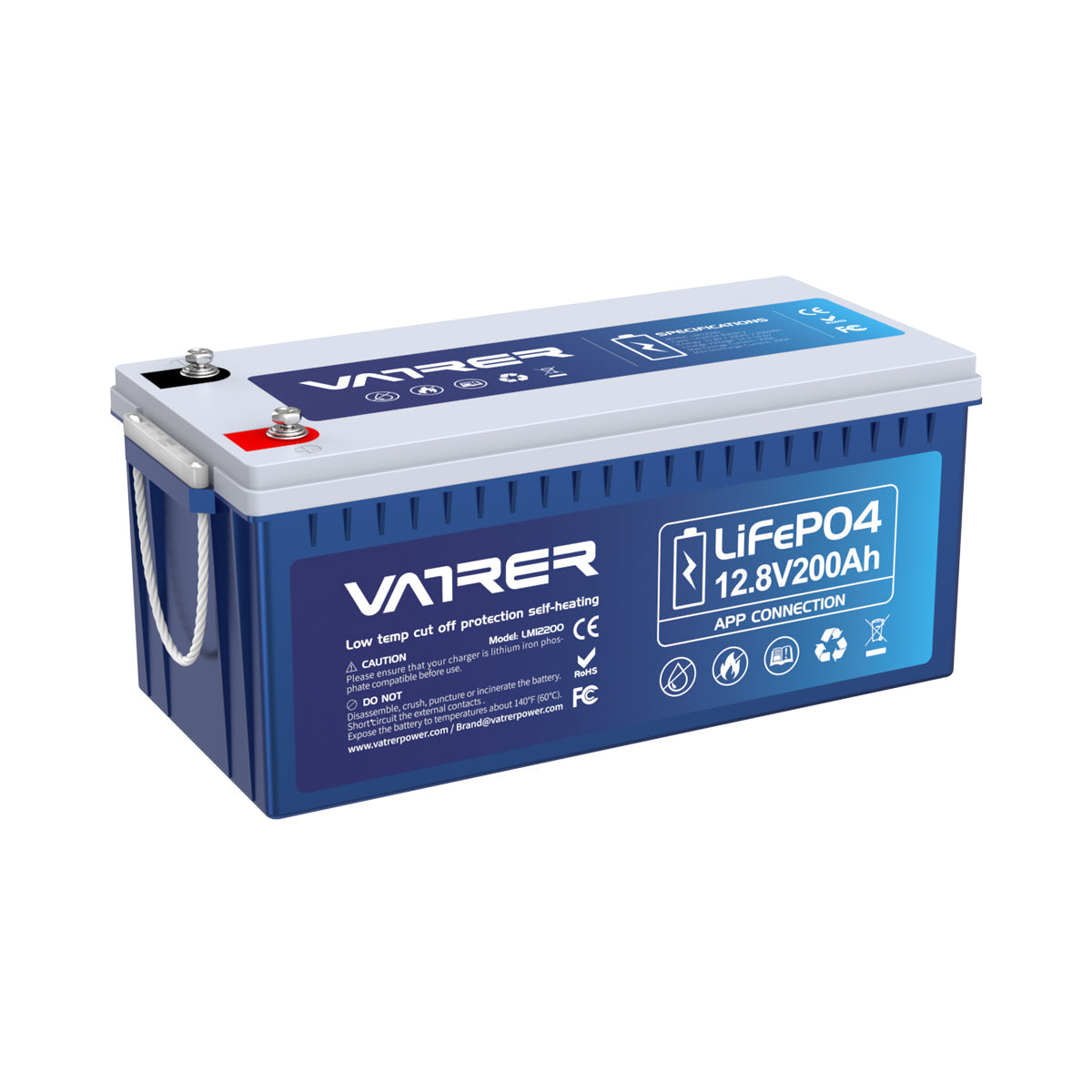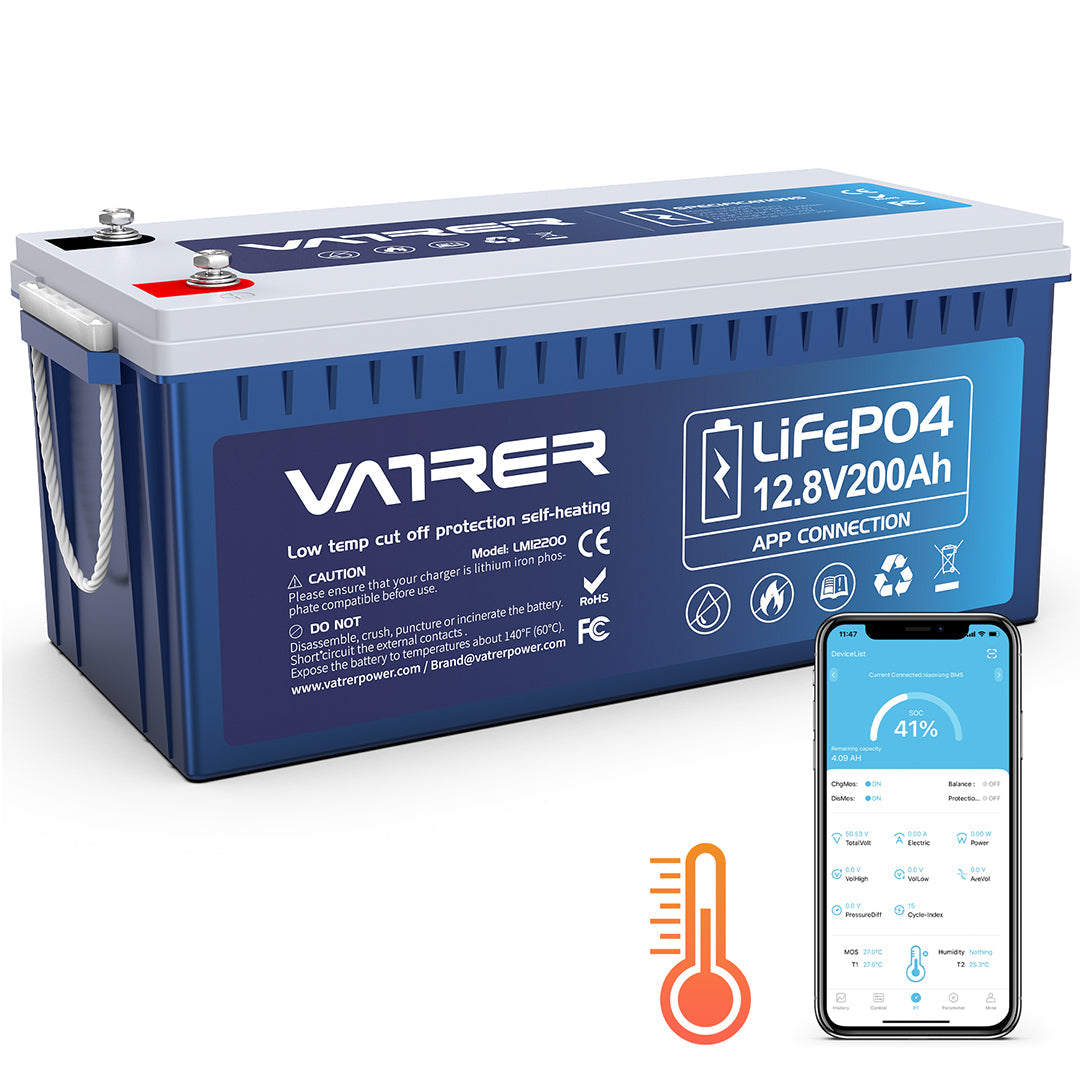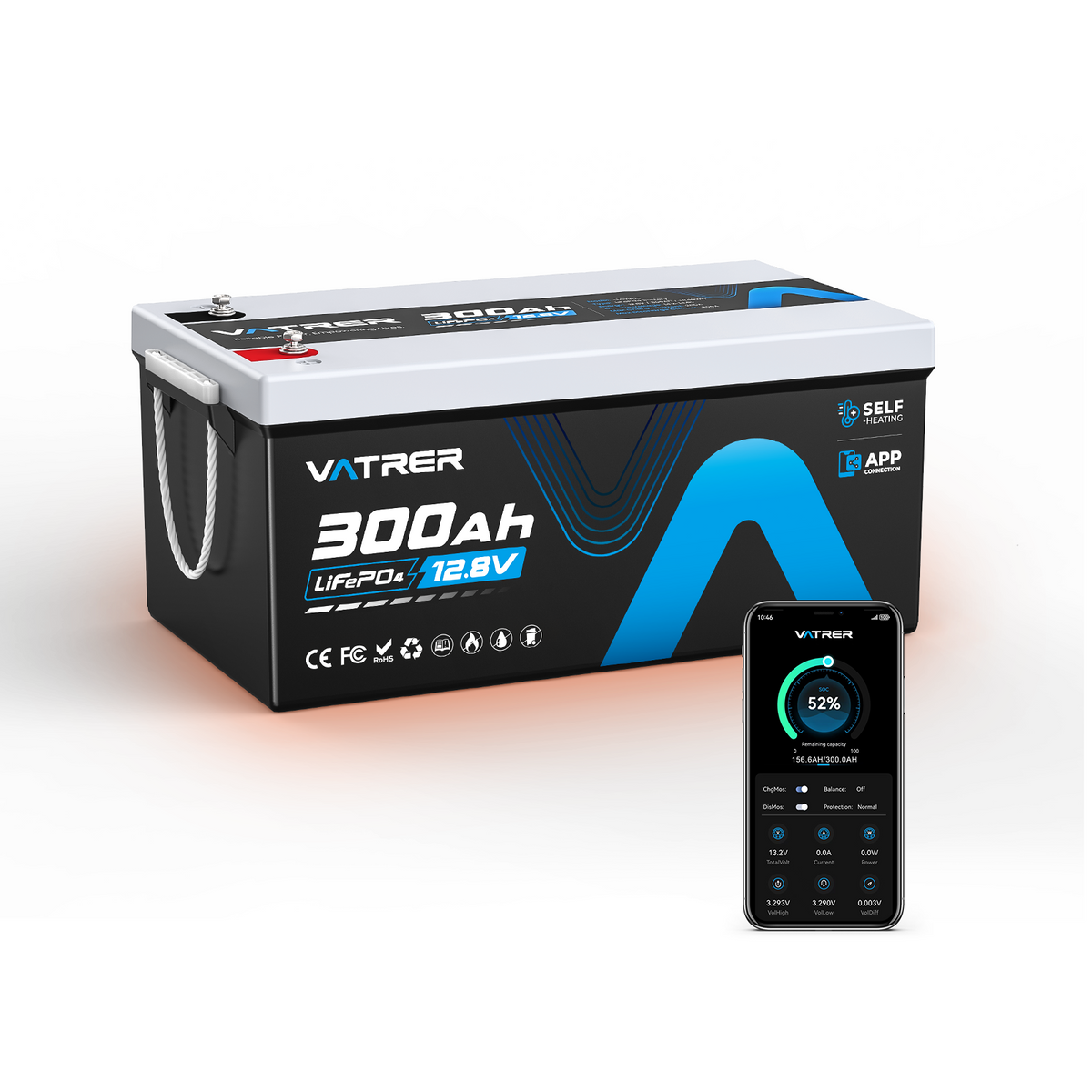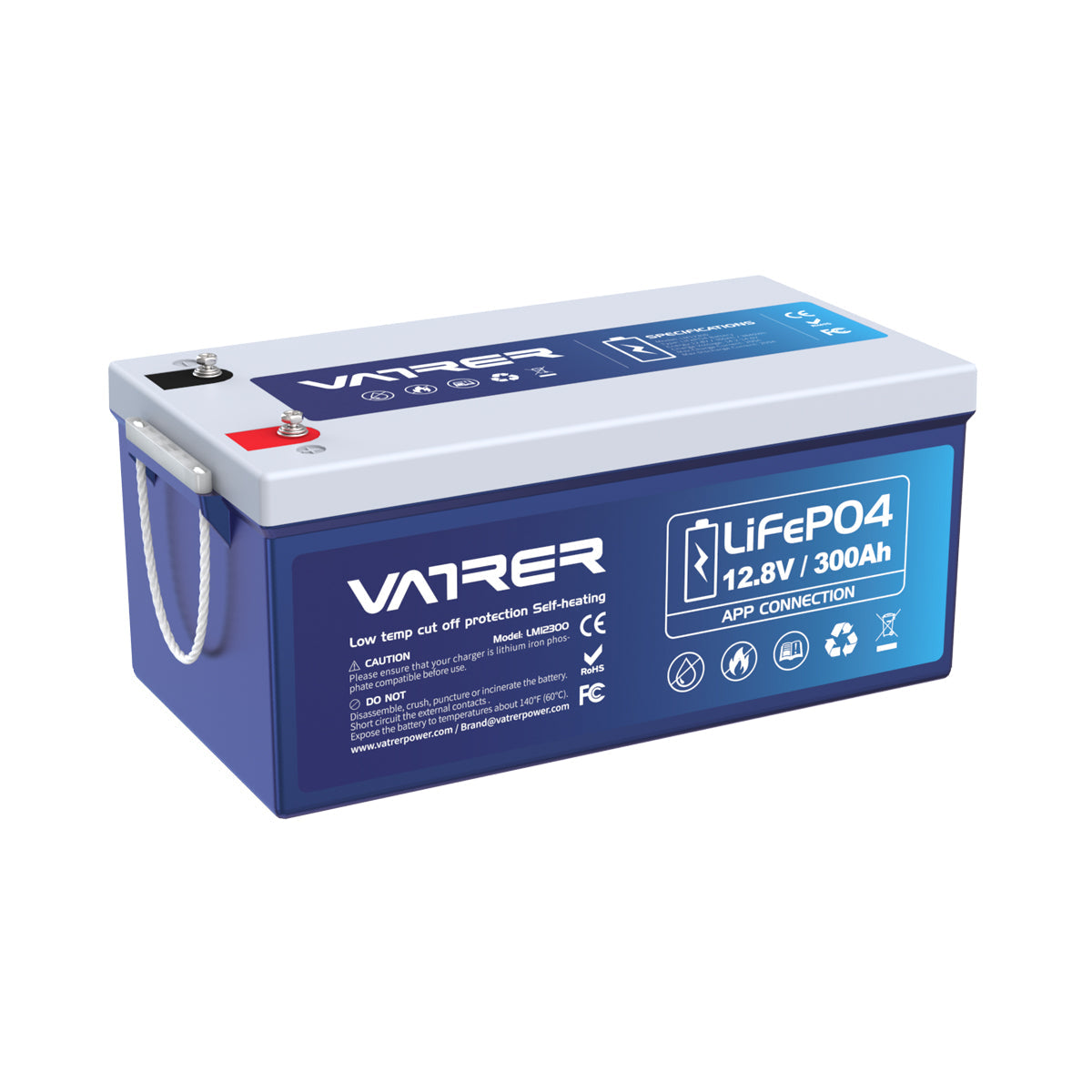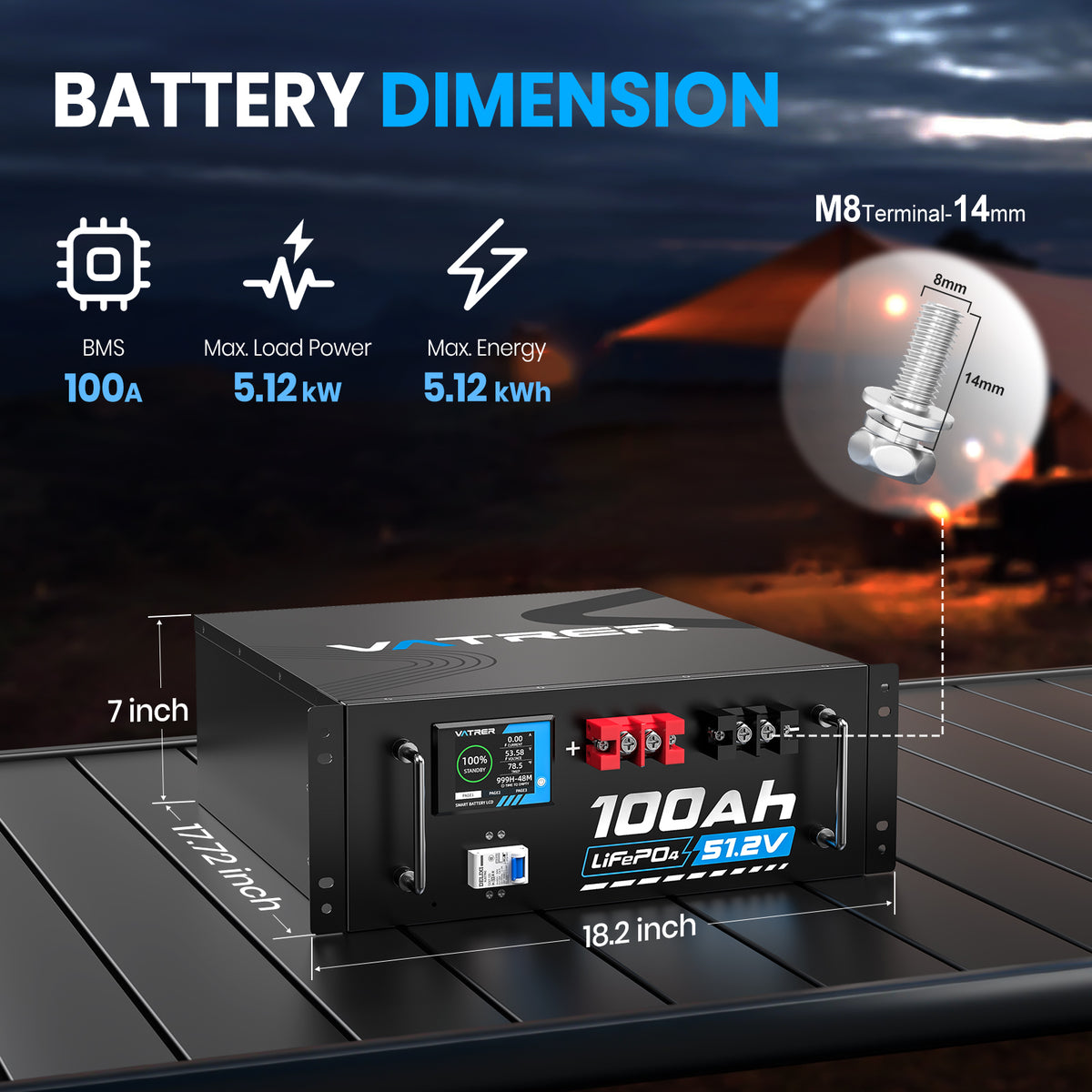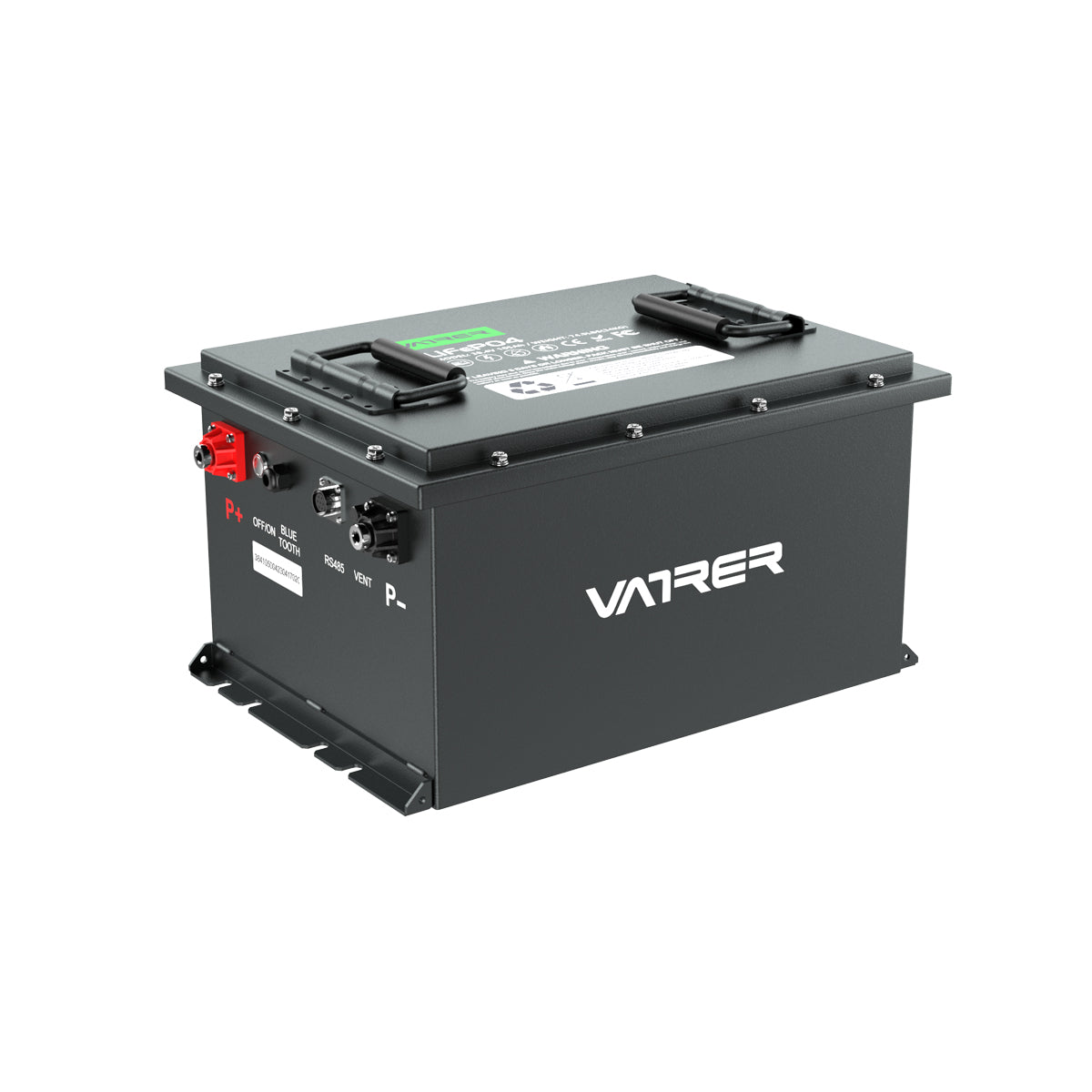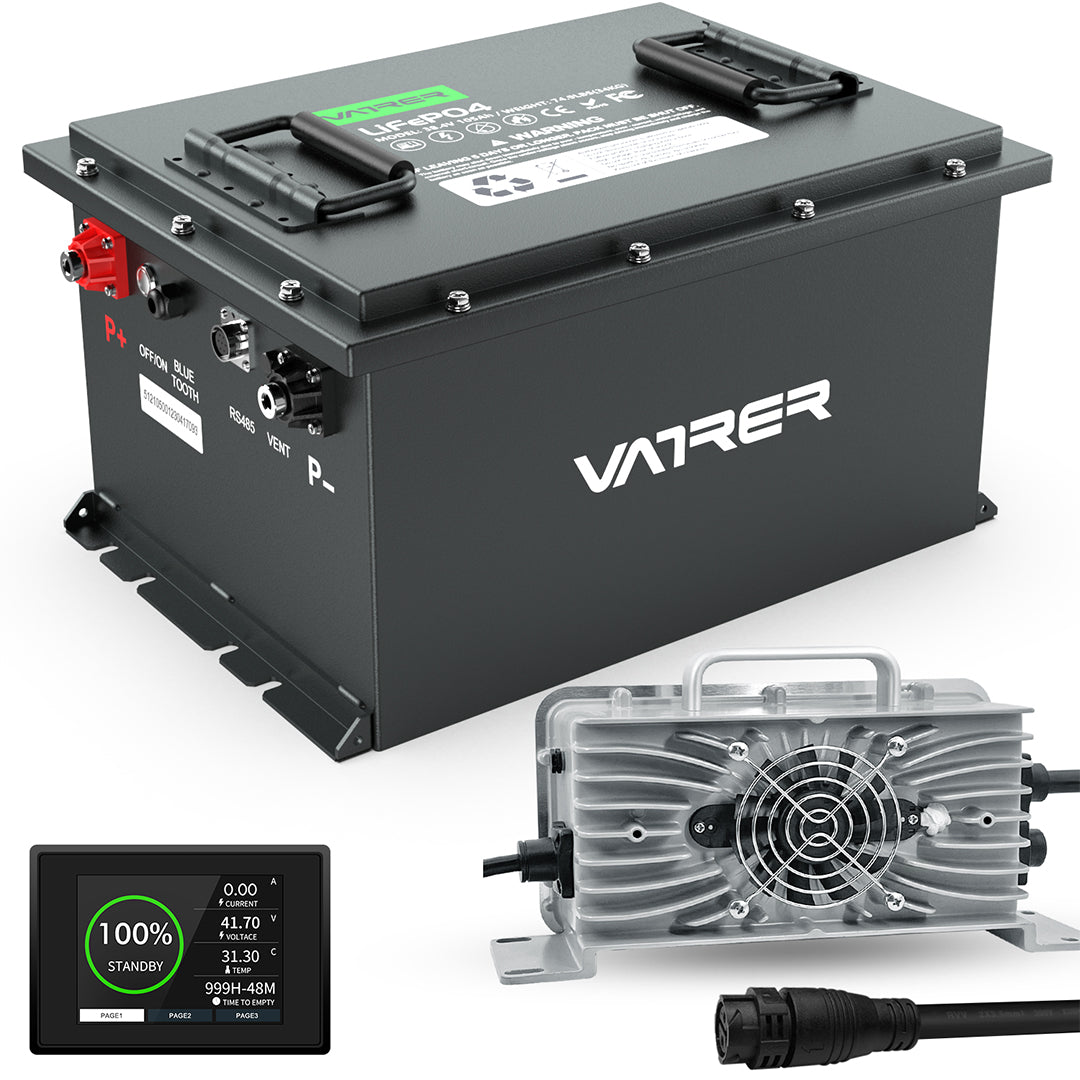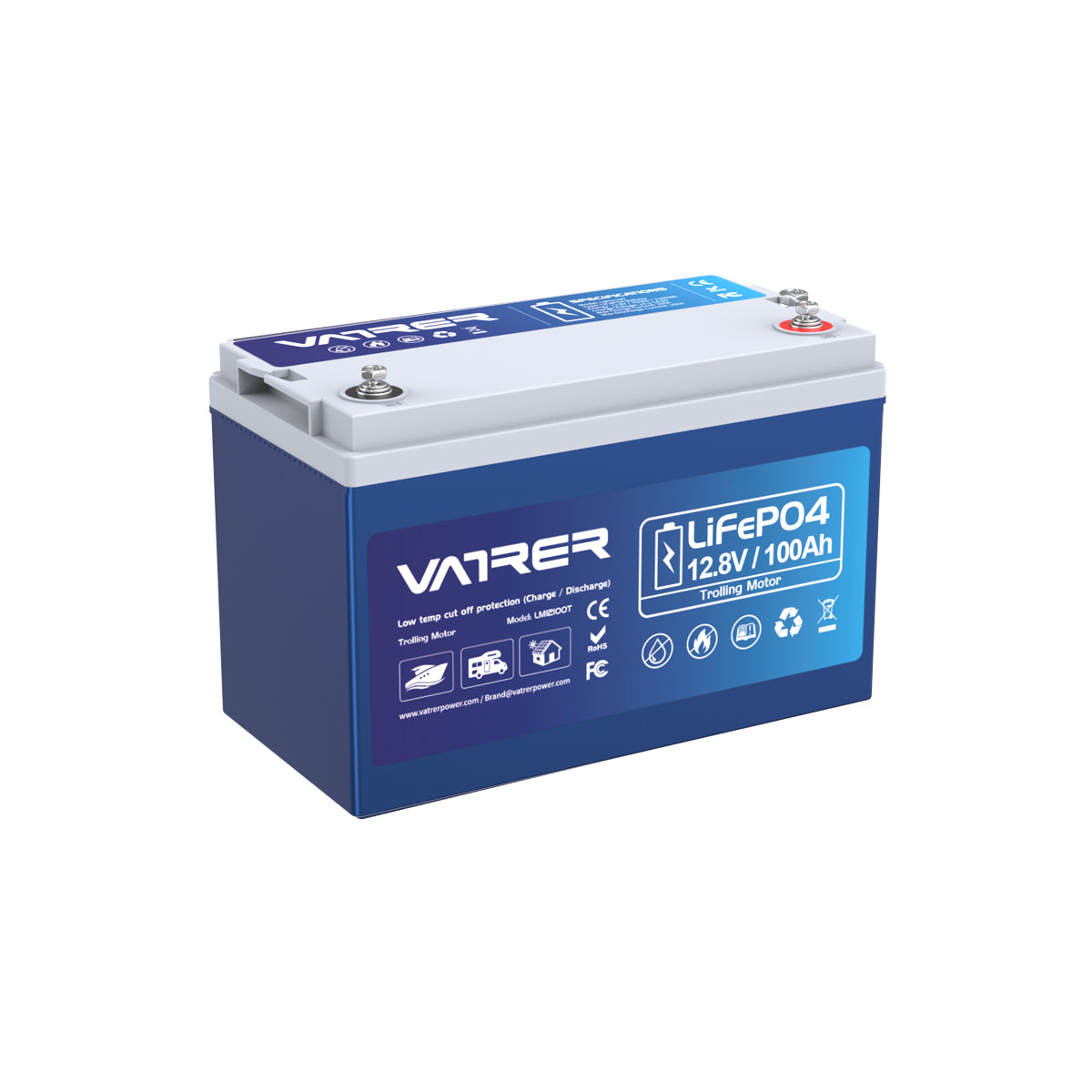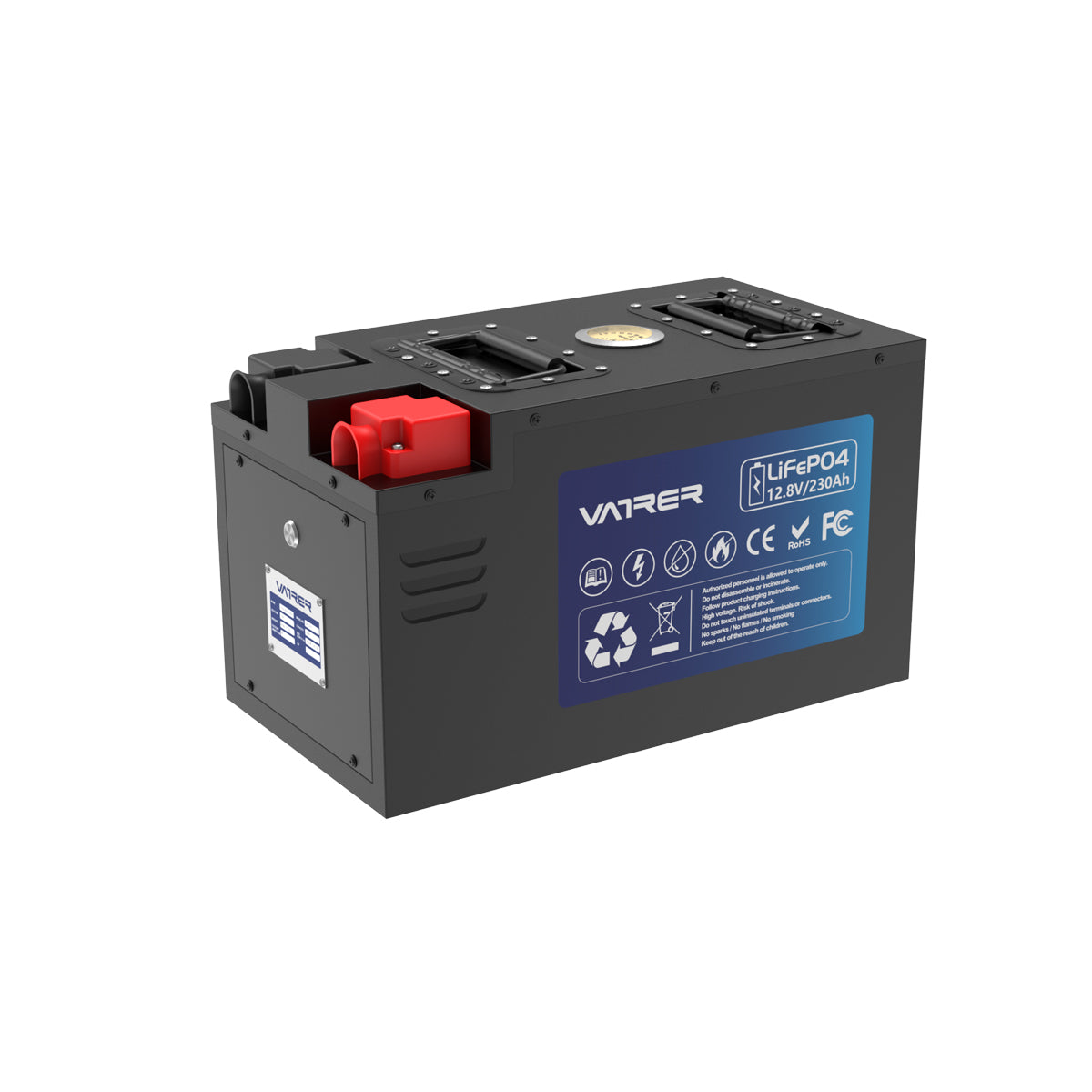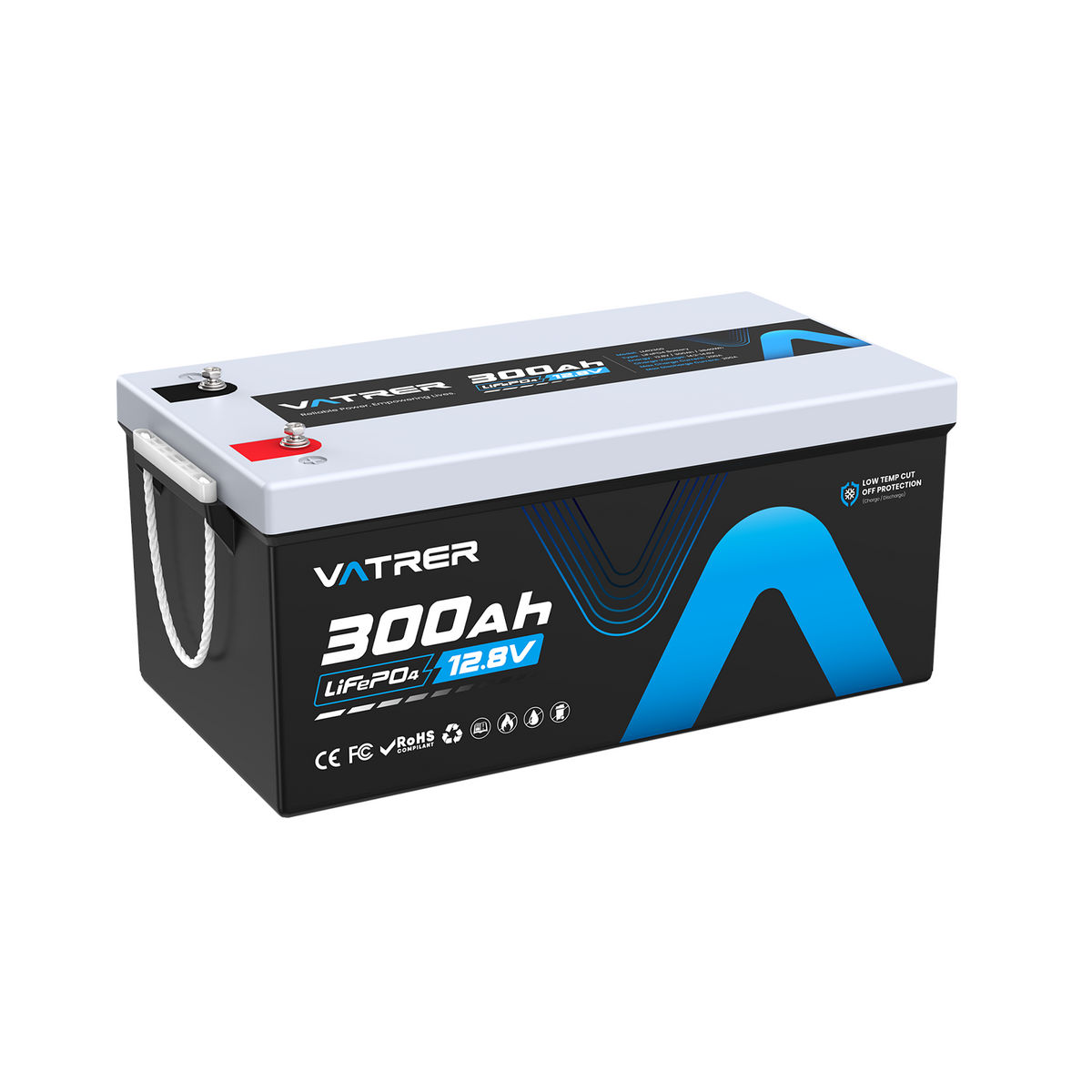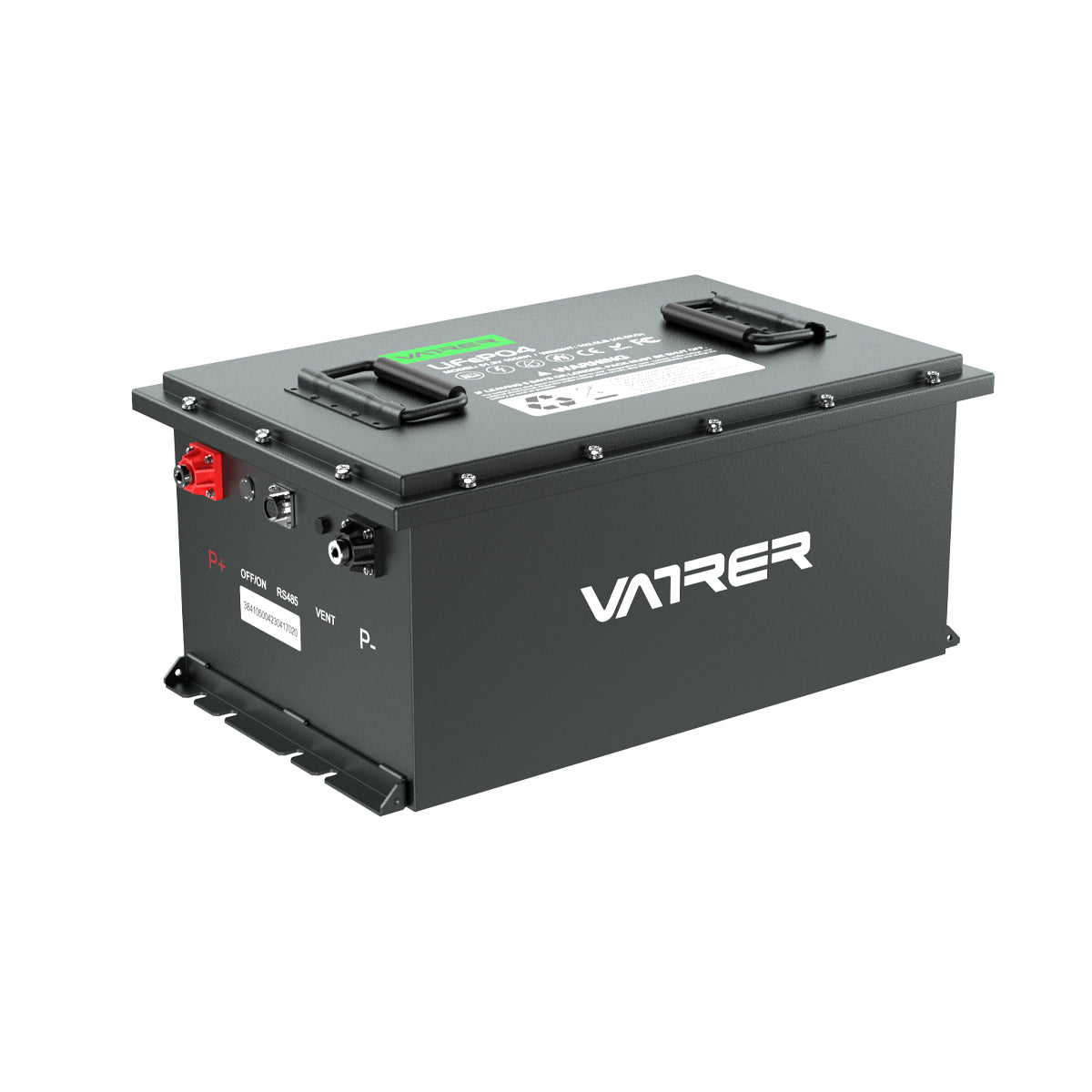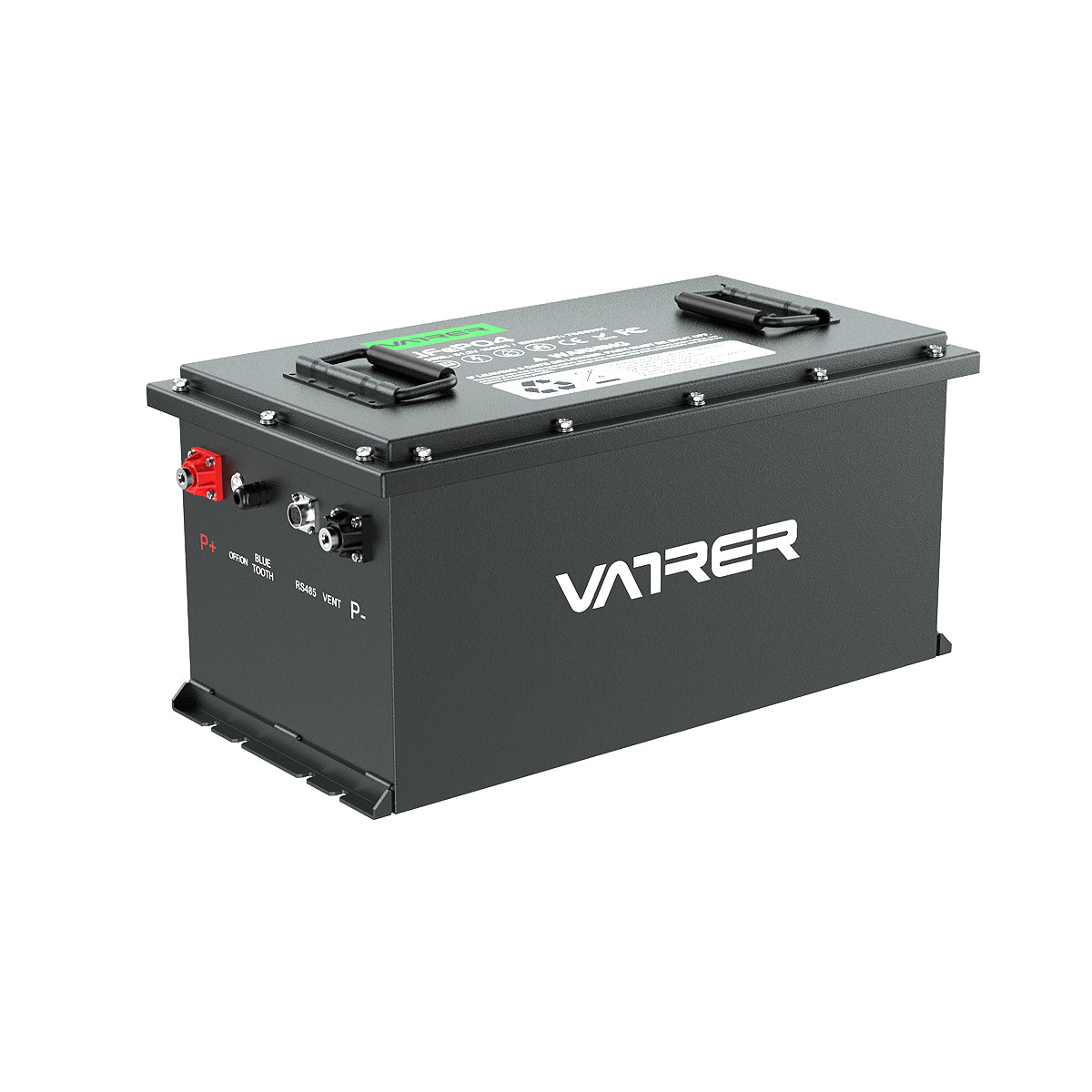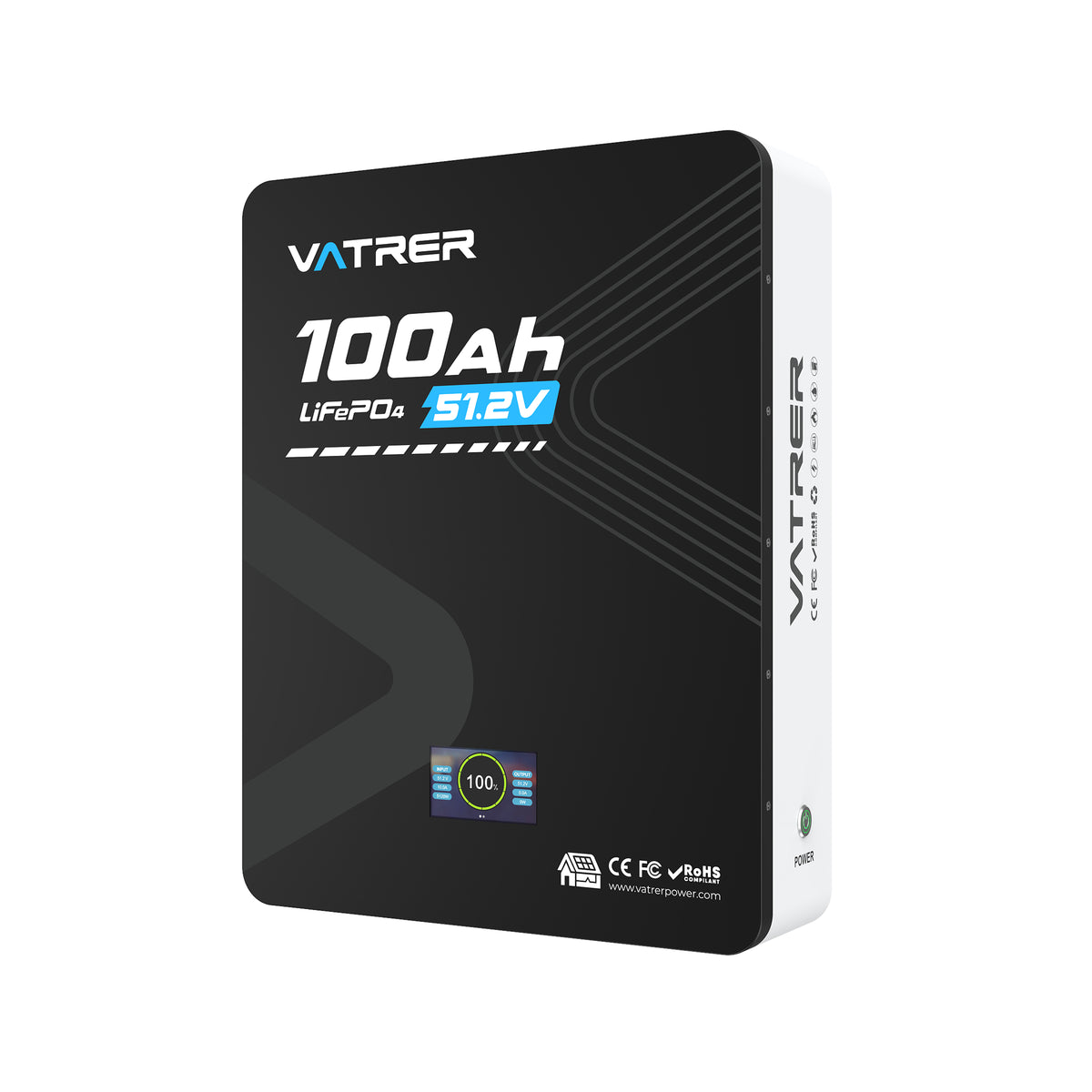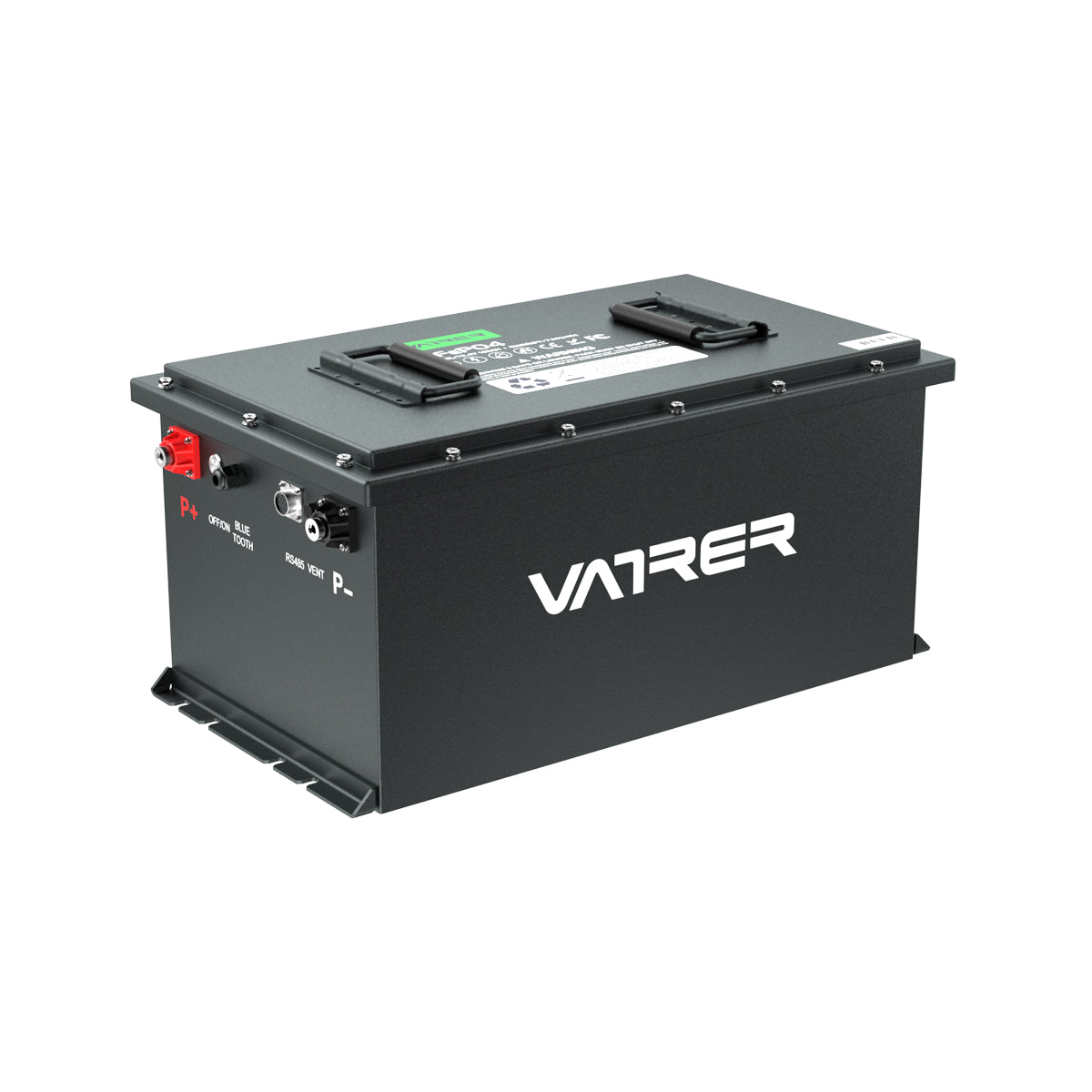Table of Contents
1. Introduction
The RV lifestyle offers freedom and adventure, but it also comes with the responsibility of managing power resources efficiently. Proper charging of RV house batteries is crucial to ensure that all onboard systems function smoothly, whether you're parked at a campsite or boondocking in a remote location. This paper explores five different methods to charge your RV house battery, providing a comprehensive guide to help you choose the best option for your needs.

2. Understanding RV Battery Types
Before delving into charging methods, it's essential to understand the types of batteries commonly used in RVs, as each type has unique characteristics and charging requirements.
Lead-acid Batteries
Lead-acid batteries are the most traditional type used in RVs. They are cost-effective and widely available but require regular maintenance, such as checking water levels and cleaning terminals to prevent corrosion. These batteries should not be discharged below 50% to avoid damage.
AGM Batteries
Absorbent Glass Mat (AGM) batteries are a type of lead-acid battery that is sealed and maintenance-free. They are more resistant to vibration and can handle deeper discharges than traditional lead-acid batteries, making them a popular choice for RVers who prefer a low-maintenance option.
Lithium Batteries
Lithium batteries, specifically Lithium Iron Phosphate (LiFePO4), are becoming increasingly popular due to their lightweight, long lifespan, and ability to discharge almost completely without damage. They charge faster than lead-acid batteries but require a specific charger to manage their unique charging profile.
3. Method 1: Using Shore Power
How it Works
Shore power involves connecting your RV to an external AC power source, typically found at campgrounds or RV parks. The RV's built-in converter transforms the AC power into DC power to charge the battery.

Advantages and Disadvantages
Advantages:
-
Provides a stable and continuous power supply.
-
Allows the use of high-power appliances without draining the battery.
Disadvantages:
-
Requires access to a power source, limiting off-grid capabilities.
-
Over-reliance can lead to battery overcharging if not monitored.
Safety Tips
-
Always use a surge protector to prevent damage from power surges.
-
Regularly check the converter for proper operation to avoid overcharging.
4. Method 2: Using a Generator
Types of Generators
Generators can be powered by gasoline, diesel, or propane. Portable generators are common for smaller RVs, while larger RVs may have built-in units.

Setup and Operation
To charge the battery, connect the RV's power cord to the generator's AC outlet. Ensure the generator is in a well-ventilated area and has sufficient fuel.
Pros and Cons
Pros:
-
Provides power in remote locations.
-
Can run high-demand appliances.
Cons:
-
Noisy and may disturb the peace of camping.
-
Fuel costs and maintenance can add up.
5. Method 3: Charging with Solar Power
Solar Panel Setup
Solar panels can be mounted on the RV roof or used as portable units. They capture sunlight and convert it into electricity, which is then regulated by a solar charge controller before reaching the battery.

Benefits of Solar Charging
-
Environmentally friendly and sustainable.
-
Reduces reliance on fuel-based power sources.
Efficiency Considerations
-
Solar efficiency depends on sunlight availability and panel positioning.
-
Investing in a high-quality charge controller can maximize energy capture.
6. Method 4: Charging with a Vehicle Alternator
Process Explanation
While driving, the vehicle's alternator can charge the RV battery. This is particularly useful for motorhomes and towable RVs with a 7-prong trailer connector.

Benefits During Travel
-
Utilizes existing vehicle systems, providing a charge without additional equipment.
-
Helps maintain battery levels between destinations.
Limitations
-
Provides a slow charge, suitable for maintaining rather than fully charging the battery.
-
Over-reliance can lead to alternator wear.
7. Method 5: Charging with a Battery Charger
Types of Battery Chargers
Battery chargers can be standalone units or integrated into the RV's electrical system. They vary in compatibility with different battery types.

Compatibility with Battery Types
-
Ensure the charger matches the battery type (lead-acid, AGM, or lithium) for optimal performance.
-
Lithium batteries require a charger that can handle their specific voltage needs.
Best Practices
-
Regularly monitor the charging process to prevent overcharging.
-
Use a charger with a smart charging feature to optimize battery health.
8. Safety Considerations
General Safety Tips for All Methods
-
Always follow manufacturer instructions for charging equipment.
-
Regularly inspect cables and connections for wear or damage.
Specific Precautions for Each Method
-
Shore Power: Use a surge protector and monitor the converter.
-
Generator: Ensure proper ventilation and fuel management.
-
Solar Power: Secure panels to prevent damage during travel.
-
Vehicle Alternator: Avoid over-reliance to prevent alternator strain.
-
Battery Charger: Match the charger to the battery type and monitor charging.
9. Conclusion
In conclusion, charging your RV house battery efficiently and safely is crucial for a successful RV experience. Each method—shore power, generator, solar power, vehicle alternator, and battery charger—offers unique advantages and challenges. By understanding your power needs and the characteristics of your battery type, you can select the most suitable charging method. For RV owners, investing in a combination of these methods can provide flexibility and ensure a reliable power supply, enhancing the overall RV lifestyle.





